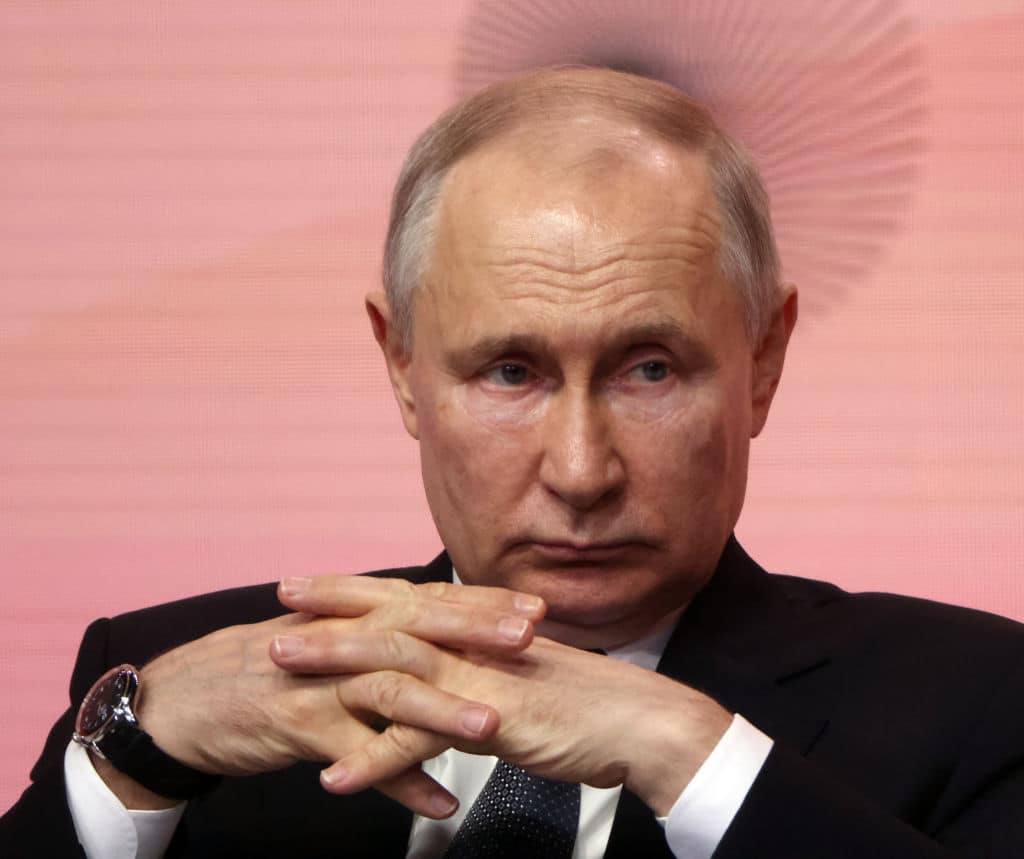South Africa is confirmed as the host country for the 15th BRICS Summit in August, featuring Brazil, Russia, India, China, and South Africa, however, the event will not be attended by Russian President Vladimir Putin, which alleviates the complex diplomatic challenge faced by South Africa in enforcing an arrest warrant against him.
South Africa’s readiness to welcome leaders from influential nations has been demonstrated through diligent preparations and consultations. The decision not to arrest President Putin, who faces an International Criminal Court (ICC) indictment for war crimes in Ukraine, has posed a conflict of interest for South Africa, being a member of the ICC. The country’s historical relationship with Russia, particularly its support for the ruling African National Congress (ANC) during apartheid, adds further complexity to the situation.
To navigate these challenges, President Cyril Ramaphosa has engaged in talks with Chinese President Xi Jinping, highlighting South Africa’s active diplomacy in addressing this delicate matter. The focus is on finding a balance between enforcing the arrest warrant and maintaining important diplomatic and trade relations with Russia and other non-aligned countries such as China.
In an announcement by South Africa’s Presidency Spokesperson Vincent Magwenya, it was confirmed that Putin will not be attending the BRICS summit. Instead, Russia will be represented by Foreign Minister Sergey Lavrov. This “mutual agreement” avoids the need to enforce the arrest warrant and eases the diplomatic quandary for South Africa.
“President Ramaphosa is confident that the Summit will be a success and calls on the nation to extend the necessary hospitality to the many delegates who will arrive from various parts of the continent and the globe” said Magwenya in a statement issued today.
Loading...
The decision not to arrest Putin raises questions about South Africa’s non-aligned status in the Russia-Ukraine conflict. As a signatory to the ICC’s Rome Statute, South Africa is obligated to follow the court’s rulings, including arrest warrants. However, not arresting Putin could strain relations with the United States, adding to the already tenuous diplomatic landscape.
The South African government has taken diplomatic actions to navigate this complex situation. Previous discussions with China have been initiated to explore the possibility of a change in the summit’s venue. Ramaphosa’s talks with Jinping also focused on an African-led peace proposal for Russia and Ukraine, demonstrating South Africa’s commitment to finding peaceful resolutions.
The BRICS alliance holds significance for South Africa, fostering investment, economic cooperation, and financing through institutions like the New Development Bank. However, maintaining positive relations with the US is crucial, as South Africa benefits from tariff-free trade under the African Growth and Opportunity Act (AGOA), which generates substantial annual revenue.
Allegations of arms sales to Russia have strained the AGOA agreement and could have domestic implications. South Africa’s position is not entirely clear, and decisions made in the coming weeks will have far-reaching implications for the country’s global standing and economy. Balancing international justice, historical relationships, trade ties, and membership in BRICS is a delicate task that South Africa must navigate to maintain its diplomatic equilibrium.
Loading...
